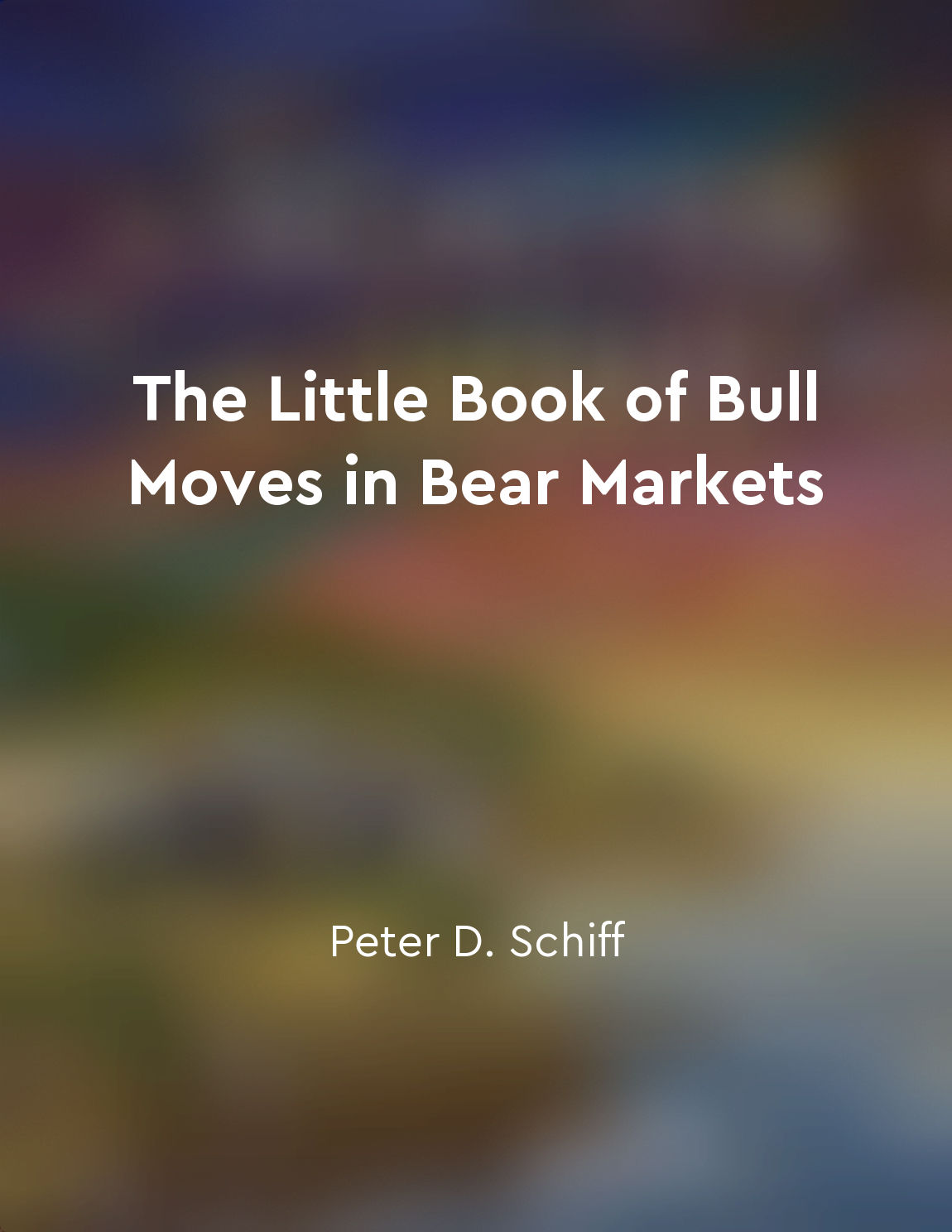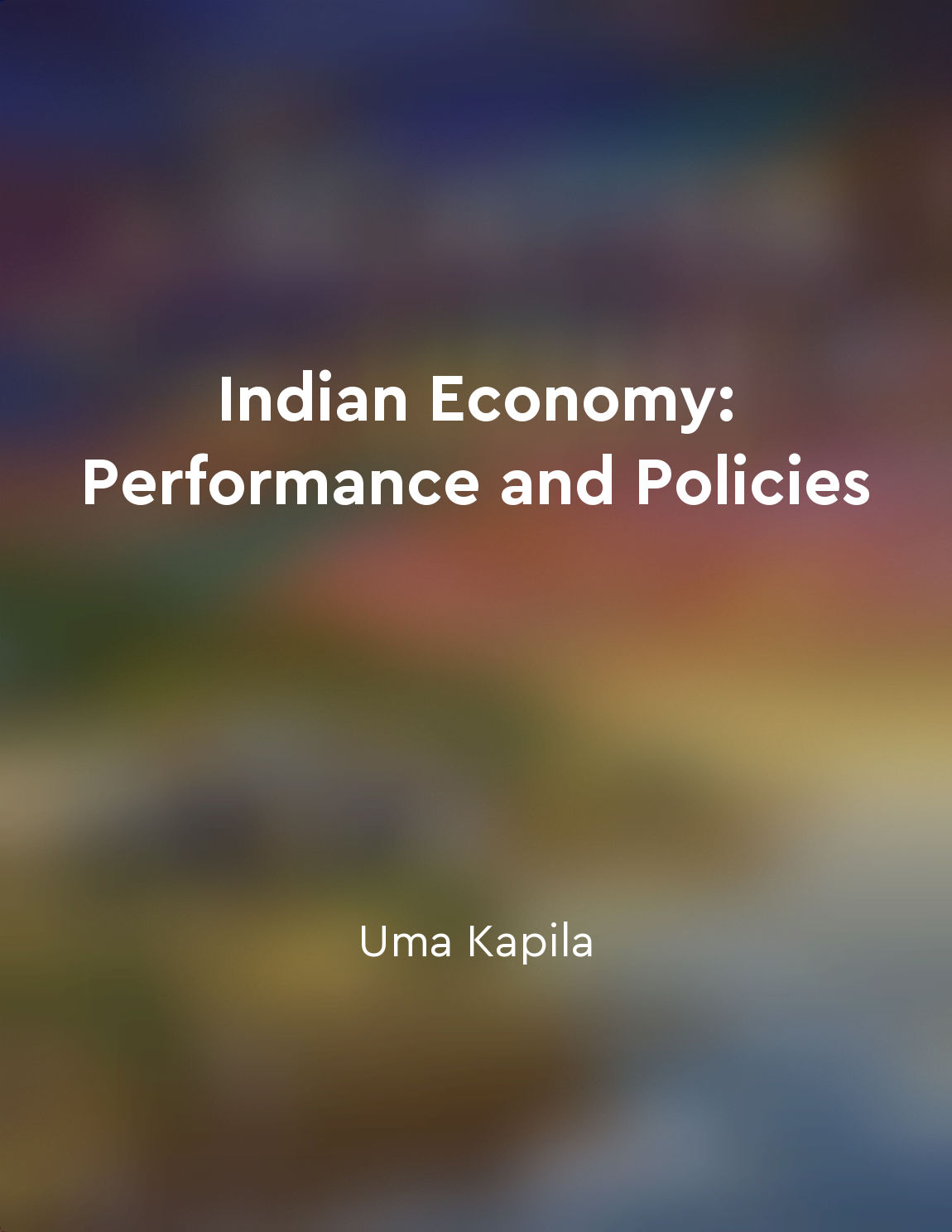Changes in government spending affect aggregate demand from "summary" of Principles of Macroeconomics by N. Gregory Mankiw
Changes in government spending have a significant impact on the overall demand in the economy. When the government decides to increase its spending on goods and services, it directly injects money into the economy. This injection of funds leads to an increase in aggregate demand as consumers and businesses have more money to spend. Conversely, if the government decides to cut back on its spending, it reduces the amount of money flowing into the economy. This reduction in government spending leads to a decrease in aggregate demand as there is less money available for consumers and businesses to spend. Government spending plays a crucial role in influencing the level of economic activity in the short run. By adjusting its spending levels, the government can stimulate or slow down economic growth, depending on the prevailing economic conditions. For example, during times of recession, the government may increase its spending to boost demand and stimulate economic activity. On the other hand, during periods of high inflation or economic overheating, the government may decide to reduce its spending to curb inflationary pressures. In this way, changes in government spending can be used as a policy tool to manage the overall level of demand in the economy. It is important to note that changes in government spending not only affect aggregate demand directly but also have multiplier effects on other components of the economy. For example, an increase in government spending can lead to higher incomes for individuals, which in turn leads to higher consumption levels. This increase in consumption further boosts aggregate demand, creating a ripple effect throughout the economy.- Changes in government spending have a significant impact on aggregate demand and play a crucial role in shaping the overall economic performance of a country. By understanding the relationship between government spending and aggregate demand, policymakers can make informed decisions to steer the economy in the desired direction.
Similar Posts
Economic growth is a complex process with multiple determinants
The process of economic growth is not a simple one. It involves a multitude of factors that interact with each other in complex...
Longterm growth requires a stable macroeconomic environment
In order for an economy to experience long-term growth, it is essential for there to be a stable macroeconomic environment in p...
Free markets can lead to income inequality
In a free market system, individuals are free to buy and sell goods and services at prices determined by supply and demand. Thi...
Wealth inequality
In the aftermath of the Great War, a stark reality emerged - the wealth of nations was distributed in a highly unequal manner. ...
Behavioral economics can inform public finance policies
Behavioral economics can provide valuable insights for policymakers in the realm of public finance. Traditional economic models...

Economic cycles can provide opportunities for savvy investors
Economic cycles are like the ebb and flow of the ocean - they are inevitable and constantly changing. For savvy investors, thes...
Economic growth stifled by corporate greed
The idea that economic growth is being held back by the insatiable greed of corporate entities is a central theme in 'The Great...
Karl Marx's critiques of capitalism laid the groundwork for modern socialist thought
Karl Marx, the revolutionary German thinker, is best known for his scathing critiques of capitalism. In his view, capitalism wa...

Trade foreign exchange policies critical importance
Trade foreign exchange policies play a vital role in shaping the economic landscape of any country. These policies determine ho...
Externalities arise when the actions of one person affect others
Externalities occur when the actions of one economic agent affect the well-being of another economic agent in a way that is not...

